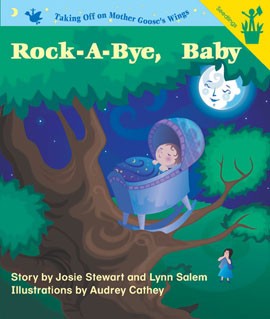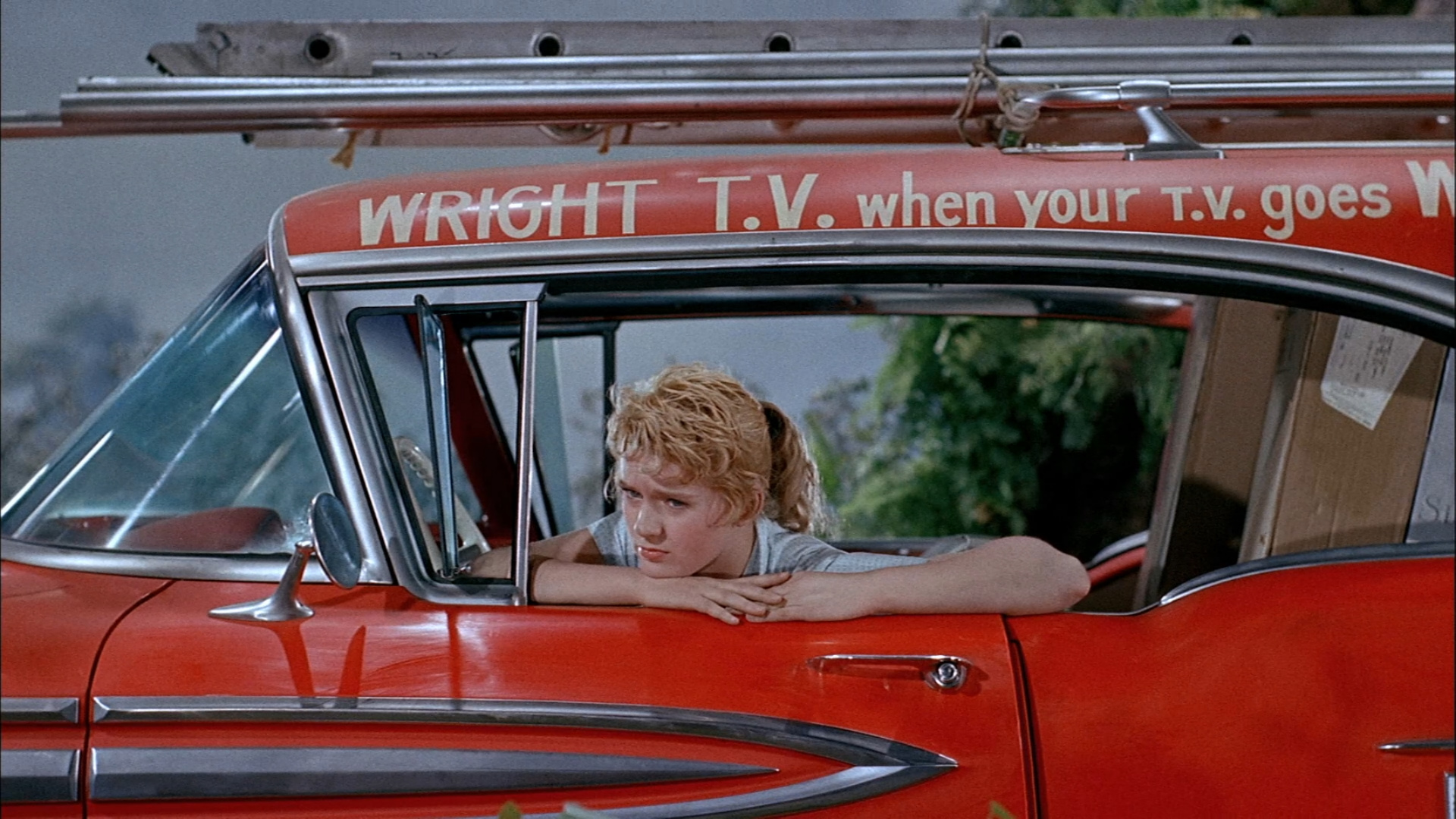


^ “The composer of the popular song, “Rock-a-Bye Baby”, which beautifully adapts and incorporates the old and familiar lullaby, is Miss Effie L.CARLTON DIES COMPOSED LULLABY Wrote 'Rock-a-Bye Baby' at Age of 15-Succumbs in Boston Hospital at 67 WAS ACTRESS 30 YEARS Played Opposite Gillette in 'Private Secretary' and in Own Repertory Group." ^ New York Times, Sunday January 7, 1940, Section: Obituaries, : "MRS.
#Words rock a bye baby full
^ New York Times, Aug(p. 1) refers to the tune being played at a Baby Parade at Asbury Park, N.J.: "The line of march formed at the Asbury Avenue Pavilion, and, headed by the full band of the United States steamship Trenton playing "Rock-a-Bye Baby," proceeded up the promenade and countermarched, returning in files of four.". Archived from the original (PDF) on 28 September 2007. Words for Life (National Literacy Trust). ^ Morag Styles, From the garden to the street: an introduction to 300 years of poetry for children (Cassell, 1998),p. A reproduction of Mother Goose's Melody : Or, Sonnets for the Cradle, published by Francis Power (grandson to the late Mr J Newbery), London, 65 St Paul's Chuchyard, 1791. Mother Goose's Melody : A facsimile reproduction of the earliest known edition. Prichard, The Oxford Companion to Children's Literature (Oxford University Press, 1984), pp. The Oxford Dictionary of Nursery Rhymes (2nd ed.). In Derbyshire, England, one local legend has it that the song relates to a local character in the late 18th century, Betty Kenny (Kate Kenyon), who lived in a huge yew tree in Shining Cliff Woods in the Derwent Valley, where a hollowed-out bough served as a cradle. that it lampoons the British royal line in the time of James II. that it was written by an English Mayflower colonist who observed the way Native American women rocked their babies in birch-bark cradles, suspended from the branches of trees. that the first line is a corruption of the French "He bas! là le loup!" (Hush! There's the wolf!). that the baby represents the Egyptian deity Horus. They list a variety of claims that have been made, without endorsing any of them: The scholars Iona and Peter Opie note that the age of the words is uncertain, and that "imaginations have been stretched to give the rhyme significance". When the bough breaks the cradle will fall,Īnd down will come baby, cradle and all. Follow Kristin on Twitter KristinChessman.When the wind blows the cradle will rock, She shares her musings on all-things-baby every Tuesday on. Kristin Chessman is an Orange County-based writer and new mom. Will these hidden meanings change the way you share nursery rhymes with your little one? But for my son, they’re a fun way to learn about new words, rhyming and rhythm. Knowing the real meaning behind these classic nursery rhymes certainly changes my perspective as an adult. Jill followed during the Reign of Terror in 1793. Jack didn’t just break his crown – he, in fact, was beheaded. 
Jack) and his Queen, Marie Antoinette (a.k.a. The story isn’t actually about an innocent boy and girl fetching a pail of water, but instead about King Louis XVI (a.k.a. Apparently Jack and Jill originated in France. This rhyme also details a historical event. Jack and Jill went up the hill / T o fetch a pail of water. That’s not exactly what I pictured as I sung this rhyme growing up, happily twirling around in a circle.Įven the nursery rhyme “Jack and Jill” isn’t as simple as you may have thought growing up. Pocketful of posies – People often carried fresh herbs in their pockets, also known as “posies,” since it was believed that the disease was carried by bad smells.Īshes – This last line supposedly refers to the cremation of the bodies of plague victims. Ring around the rosie – This refers to one of the symptoms of bubonic plague, a ring-shaped rash. Sounds innocent enough at first, but apparently this rhyme relates to the Great Plague of London, dating back to 1665. When you get to the real meaning behind many of these rhymes, they’re not exactly suited for “sweet dreams” and “happily ever after.” Rhymes were also used as a means of spreading propaganda or even displeasure toward the government or politics. Just like “Rock-a-bye Baby,” most nursery rhymes originated from historical events and became ingrained into our culture hundreds of years later.







 0 kommentar(er)
0 kommentar(er)
